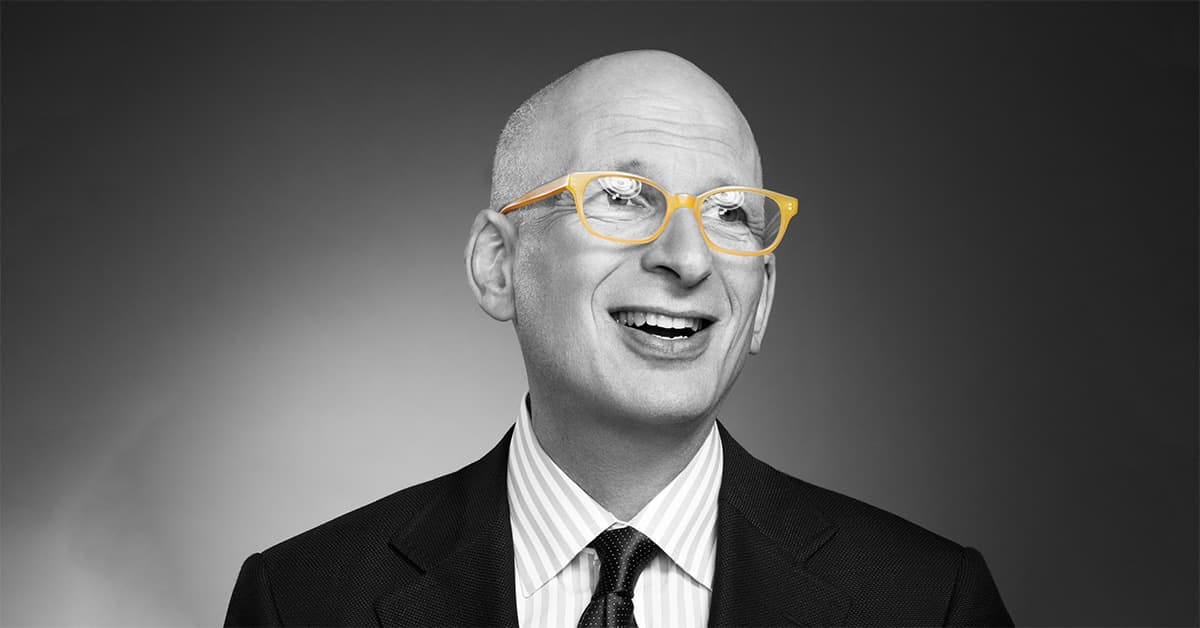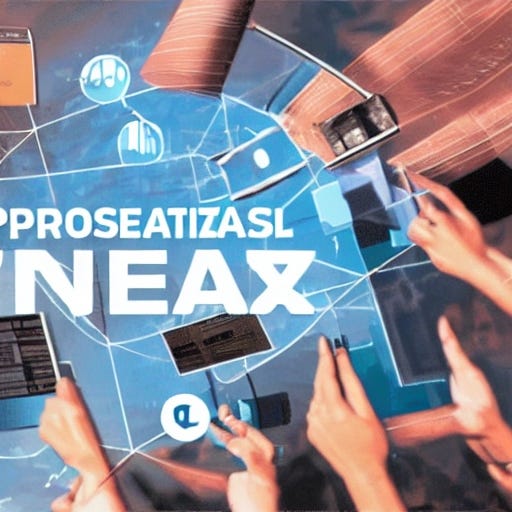Ed3 Weekly #39: Living with Web3
Hello web3 and education frens,
Welcome to all my new subscribers from this past week. If you haven’t subscribed yet, click here, or use the button below to join over 100+ others learning about the intersection of web3 and education.
Web3 is all around us. 2023 has already seen an explosion of applications for decentralized blockchain technology along with XR and AI. These advancements bring us closer to true adoption when we will be interacting with this technology without being aware of it.
This has great promise for our ability to reimagine the structures of education. We can move from the “what” to the “how.” The resources this week will walk you through four of those “hows.”
1️⃣ It is challenging to access transcripts or transfer certifications of learning across various databases. What needs to change is how we document learning and how it is transferred across institutions. Innovations like the ones at d.MBA makes this possible.
2️⃣ Compliance models at schools reduce learning to a sort and rank system that doesnʻt honor individual needs. AI can help eliminate the industrial model of uninteresting lectures being delivered in ordered rows of desks.
3️⃣ Content creation in schools has been sold as individual learners “doing projects.” We are losing out on the opportunity to teach students skills that will foster a full range of collaborative skills. Decentralizing the content creation process opens up this opportunity.
4️⃣ Educational organizations struggle to implement effective connection, collaboration, and creation. Systems are archaic and clunky. It is difficult to adapt in the face of ambiguous and volatile situations. The COVID pandemic brought this reality to light. DAOs offer a system that can help schools reimagine how they connect, collaborate, and create.
Take a look at the resources for this week that address the four “hows” that were outlined above.
📄 The d.MBA program launches a blockchain based diploma program
💡 Seth Godin shares his thoughts on how chatGPT will impact schools
🌐 Li Jin writes about community ownership in a creative community
🛠 The World Economic Forum releases a DAO toolkit
The Most Beautiful Diploma You Have Ever Seen
Photo from d.MBA
Would you like to have an image like the one pictured above in your home? What if I told you that it was a printout of a digital certificate representing your learning? That is exactly what d.MBA has done with the NFT certificate program they recently announced.
Using a combination of blockchain technology and generative art these credentials can be printed or minted and stored in your crypto wallet. Not only are these aesthetically beautiful but they can help address the billion-dollar fake certification industry.
Seth Godin on ChatGPT
Picture from https://seths.blog/about
When Seth Godin speaks, I listen. He is at the forefront of understanding complex issues about our present and future states. When he published this piece in his blog about the end of the high school essay, I was curious about what he had to say.
This quote is all you need to know about how Godin views schooling and essays:
New York City schools are trying to ban GPT3 because it’s so good at writing superficial essays that it undermines the command structure of the essay as a sorting tool.
This is a great opportunity to consider how education has been used for the “command structure” that feeds a compliance approach to learning. Instead, we can do what Godin describes as the primary purpose of education, “Bringing insight and guts to interesting problems.”
Progressive Decentralization for Media
Image generated by DeepAI using the prompt “Progressive Decentralization for Media”
I had not heard the term “progressive decentralization for media” before this article by Li Jin. From her article, I can extrapolate the following definition of this term, “community-driven content creation.”
This has important implications for how students learn, create, and share media in our schools. There is an increased emphasis on the collaborative skills of communication, active listening, inclusivity, and feedback. Students are consuming and creating media that is generated through collaborative experiences so it is important that we are fostering and assessing these skills in our instruction.
DAO Toolkit by the World Economic Forum
From the World Economic Forum
The World Economic Forum has done reports on education and now comes this toolkit for DAOs. The toolkit does not specifically mention education, but it does offer an in-depth outline of its structures that can be easily transferred into our education organizations.
It can be a struggle at schools to allocate resources, coordinate activities, and make decisions. DAOs are one step towards improving that process using blockchains, digital assets, and related technologies. If you are curious about what DAOs are and what they do, this is a great place to start.
Thank you for stopping by for another issue of my web3🤝education newsletter. If you’re on LinkedIn you can check out a version of this newsletter on my LinkedIn page and give me a follow. You can also link to all my work by checking out my blog or give me a follow on Twitter.








